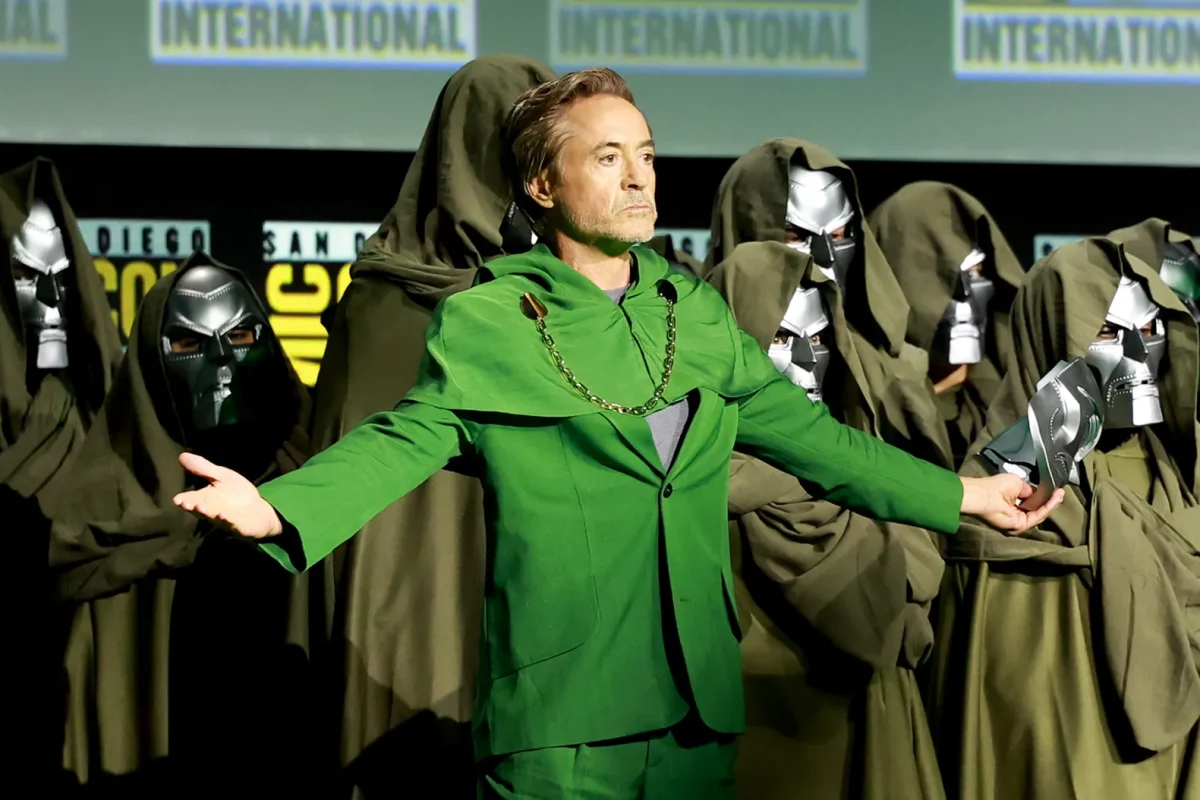
For a while now, I’ve been eager to share my disappointment with the lack of authentic transgender representation in TV and film. I’ve felt that watching shows and movies that wanted to present the transgender experience but still cast cisgender actors to play the part was the equivalent of being fed table scraps. Yes, I was being fed, but it wasn’t enough, and it wasn’t any good. Maybe I should be content with table scraps, because finding out about the upcoming movie “(Re)Assignment” was like being force-fed garbage.
For those who don’t know, the movie stars Michelle Rodriguez as a male hitman who, after being tricked into undergoing unwanted gender reassignment surgery by a mad doctor, is now on the hunt for revenge. If that sentence hasn’t set off alarm bells in your head yet, I’ll explain why it should.
It’s no surprise that there still exists a massive amount of stigma against trans people. According to a report by the Human Rights Campaign, transphobic violence is at an all-time high, with more trans people reported killed in 2015 than any other year. The 2011 National Center for Transgender Equality survey found that 63 percent of respondents reported experiencing significant acts of discrimination in the form of – among others – denial of medical service. 50 percent had to explain to their own health providers what being trans is and how that could impact their health.
I singled out the statistics regarding medical service and health specifically because it exemplifies the massive lack of understanding regarding the medical needs and experiences of trans people. Forced feminization and coercive surgery are not experiences that the majority of trans women face. In fact, according to the 2010 National Transgender Discrimination Survey’s report on health care, the majority of trans women cannot have gender reassignment surgery due to exorbitant costs and the staggering amount of legal and medical barriers. “(Re)Assignment,” however, creates this false connection between an invasive, unwanted, irreversible medical procedure and the trans experience.
The idea that gender reassignment surgery, which for many trans people has been essential for them to live their lives safely and happily, can be inflicted upon someone as some sort of punishment is not just insensitive but cruel. While not every trans person finds surgery to be a necessary part of confirming their gender identity, those who do are often barred from doing so. To take a procedure some trans people desperately desire and cannot have and turn it into punishment simultaneously teases them with the possibility of it and shames them for even wanting something so violent and horrific.
This is the most harmful notion “(Re)Assignment” is presenting: trans people must be crazy and must be monsters to willingly undergo something like gender reassignment surgery. Being trans is performing the unthinkable by going against gender roles in society. This kind of thinking is doubly so for trans women and is tied to the idea that women are lesser than men. Therefore, “(Re)Assignment” asserts the idea the worst thing a villain can do to someone isn’t kill them but rather take away their manhood. It reinforces the belief that trans women aren’t human, because they’ve had something essential– their maleness – stripped from them. The removal of the protagonist’s male characteristics is positioned as the ultimate loss. It’s a punishment, it’s something to be feared, and as a result, so too are trans individuals who undergo or want to undergo such surgeries.
That is what makes this new movie so dangerous. It has the potential to do serious harm to the fragile image trans people have been building of themselves for years. The general public still buys into so many myths surrounding trans people. And a major feature film with a star-studded cast perpetuating incredibly hurtful and incredibly false tropes will only further damage an already faulty understanding and perception of trans issues. I can only hope the damage isn’t too severe. I don’t like table scraps, but I can survive off of them. I can’t survive off of garbage.







teagan • Sep 7, 2016 at 5:32 pm
One issue I haven’t seen mentioned anywhere is the use of the word “transgender” in reference to her character. The use of the word in this context reduces transgender people to surgery. I would argue that surgery, attained by normal or even malicious means as the plot indicates does not make one transgender. I think it’s important to recognize that as we talk about this issue, and that we don’t add to the problem by continuing to talk about this character as a “transgender” character. We don’t help by giving the character that sort of credibility and relevance. If people continue to allow the character to be referred to as a transgender character then we’re allowing the problem to be exacerbated.
That said, I think it’s fitting to allow a cis woman (no matter how insensitive she is) to play the part. I personally wouldn’t want a trans girl playing the part to further give the character trans context. She is playing a cis victim. We often allow people who aren’t victims of their characters plight to play them. Amputees don’t often play amputees – Mark Hamill wasn’t switched out and replaced with a handless actor in Star Wars, nor did they switch James Franko with someone who lost an arm in 127 Hours…So while at this time such a film is completely insensitive, I think it’s the public’s and most importantly the LGBTQ family’s job to make sure this stays in the appropriate context and that means not reporting it in a way that makes it relevant to the lives of Transgender folk.
One more thing. I am not fully aware of how this movie has been marketed. However, if the producers of this movie – that is to say if the director and the writers put forth this movie explicitly saying that the character is transgender – then those of us who have a clear understanding of what being transgender means but continue to refer to this character as transgender, who continue to give this character credibility and relevance, lose all moral ground to criticize the creators of this movie for their mis-characterization of what it means to truly be transgender. Which, I think is the bigger problem.